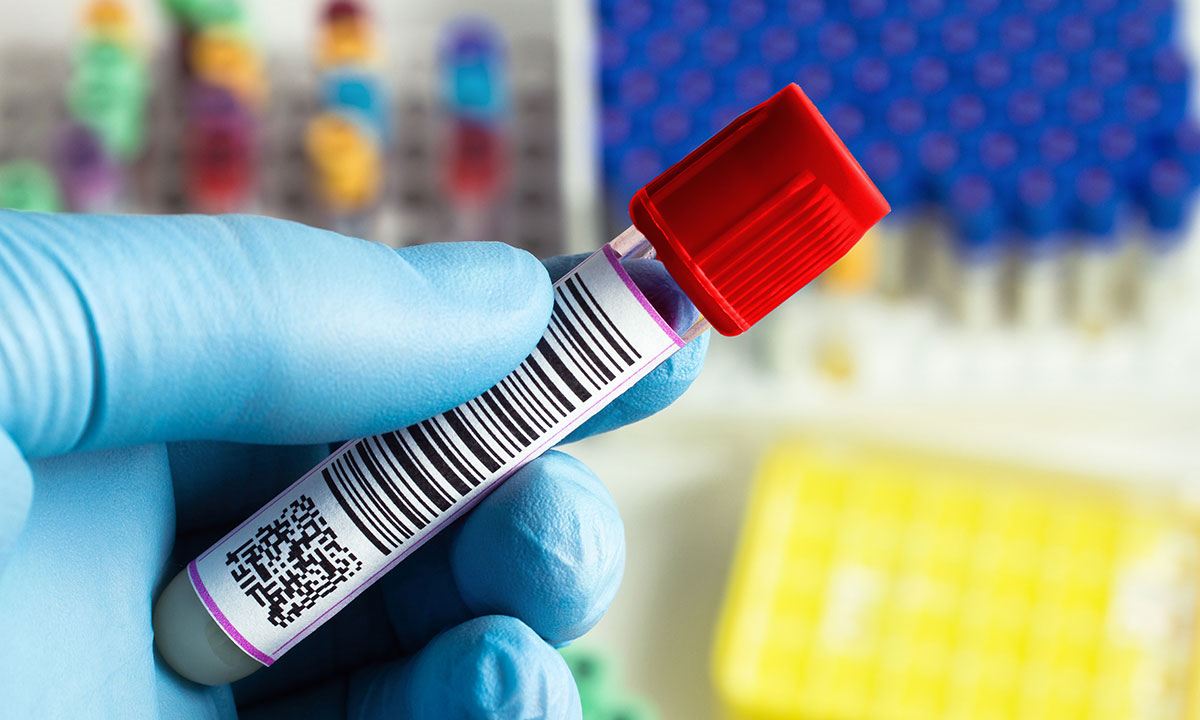Ever since its beginning in December of 2019, the COVID-19 pandemic has posed challenges for the people as well as for the medical community every other week. After the recognition of SARS-CoV-2, the infection has changed in many different ways with research reporting new behaviors of the virus as well as complications frequently.
In fact, a recent study even highlighted possible mutations in the virus’s exterior layer which may have made it even more contagious and deadly.
At the same time, research has shown that the infection may affect the bloodstream and the heart in addition to the lungs. People with pre-existing medical conditions are highly likely to experience an increase in their health condition’s complications along with COVID-19.
According to scientists, there is still very limited research on the virus which is why its future behavior cannot be predicted. Therefore, any developments in a coronavirus vaccine or medicine to help manage the symptoms of the infection are going to take a lot of time.
Now, health care workers are facing another problem. Recently, two million tests imported by the Australian government have been deemed useless as they have not given accurate results.
RELATED: Do Cloth Masks Stop the Spread of Coronavirus?
Previously, the antibody test for coronavirus had been seen to show results with over ninety percent accuracy in lab testing. However, in Australia, the antibody testing, overlooked by the Doherty Institute, was accurate in only fifty-six percent of the cases.
The percentage is not as significant and may misdiagnose a big number of people but antibody testing is important since it is the only way to determine whether the virus has been contracted by a person with no symptoms of the infection.
The medical community has called the testing the only hope for tracing of COVID-19 if done on a mass scale. Known as PCR tests, the new antibody test for coronavirus is also less invasive and can be done very quickly but it has been hard to develop a test that detects SARS-CoV-2 only in a person.
Most of the tests end up detecting other viruses similar to SARS-CoV-2. In addition, developing a test that is able to detect antibodies at an early stage of COVID-19 is also equally difficult.
More specifically, the newly developed and marketed antibody tests are not sensitive enough to detect the presence of any antibodies made by the body as a response to the spread of SARS-CoV-2.
Whenever a new pathogen attacks the body, it can take for up to two weeks for the immune system to develop new antibodies to attack and control the infection.
This means any test is likely to show a ‘false negative’ result which means that it may show the person does not have any antibodies in the blood and is thus not infected during the early stages of the particular infection.
In the case of COVID-19, the problem of false negative is common in all antibody tests for coronavirus. The Doherty Institute in Australia specifically stated how there is a high risk of a false negative in the majority of the cases.
Secondly, it also highlighted the need for independent evaluation as the tests were not as accurate as they had been shown to be in their marketing by their manufacturer companies.
For the time being, antibody tests for coronavirus can no longer be used and relied upon but the good news is that most countries are focused on creating an accurate antibody test as soon as possible.
The only newly approved test is now being used in the UK. There are hopes that more accurate antibody tests will be developed in other countries soon along with a coronavirus vaccine or treatment.


